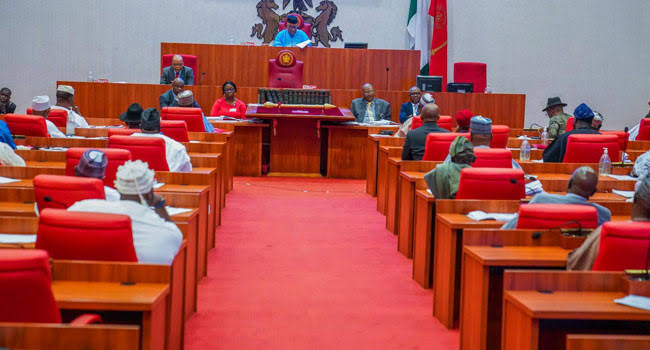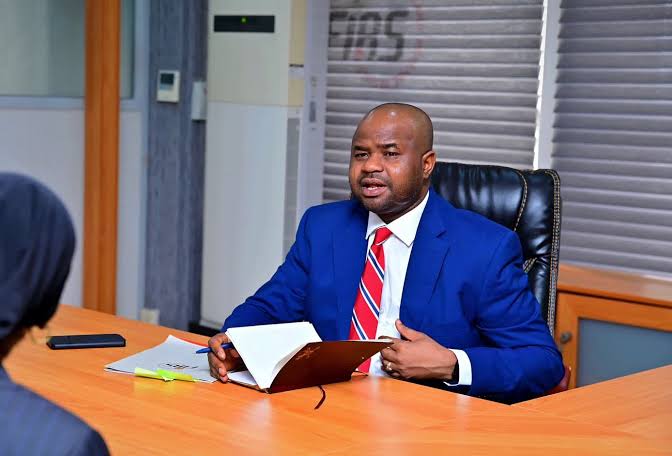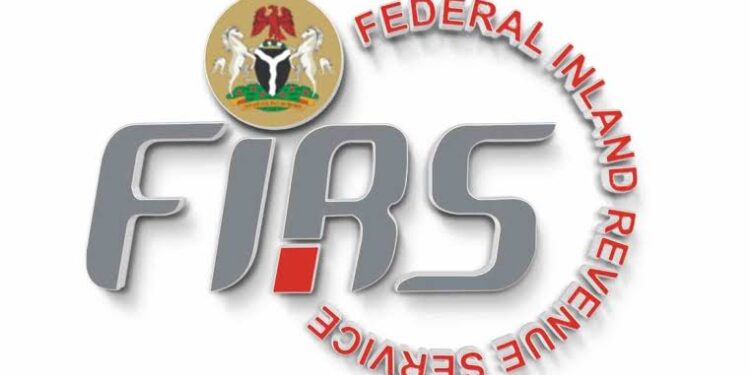The chairman of the Federal Inland Revenue Service (FIRS), Zacch Adedeji, has sought to reassure Nigerians regarding concerns over the potential introduction of new taxes through the proposed tax reform laws. During an interactive session with members of the Senate Committee on Finance in Abuja, Mr. Adedeji clarified that the reforms being considered will not impose new taxes or increase the rates of existing ones. Instead, the reforms are designed to simplify the tax system, making it more efficient and reducing the tax burden on Nigerians.
Addressing the Senate Committee, Adedeji stated clearly, “Tax reform will not introduce any tax or increase the percentage of the existing ones, but it will reduce the number of taxes being paid by Nigerians.” This comment underscores the government’s intention to streamline the existing tax structure, alleviating some of the pressures faced by taxpayers in the current system.

Furthermore, Adedeji dispelled rumors of any impending job losses or mergers of agencies as part of the reform process. He emphasized that no agency within the tax framework would be merged, nor would any jobs be lost as a result of these changes. “No agency will be merged in the process of carrying out the reform, and no job will be taken from anybody,” he said, reassuring public servants and stakeholders alike that the reforms aim at improving the system without causing disruptions to employment.
The core goal of the tax reforms, according to Adedeji, is to enhance the simplicity and effectiveness of tax administration in Nigeria. He explained that the reform will modernize tax collection processes, aligning them with international standards, and ultimately broadening Nigeria’s tax base to create a more inclusive and equitable system. He noted that the drive is not just about raising revenues but about fostering a more transparent and efficient taxation environment that will benefit both the government and the public.
Adedeji further revealed that four executive bills have already been forwarded to both chambers of the National Assembly to legalize these reforms. These bills include the Nigeria Tax Bill, the Nigeria Tax Administration Act (amendment) bill, the Nigeria Revenue Service bill, and the Joint Revenue Board (establishment) bill. When passed into law, these bills will play a crucial role in harmonizing the multiple tax laws that currently exist in the country, reducing confusion, and promoting better compliance.
“These reforms are aimed at harmonizing multiple tax laws in the country,” he said. “They will drive efficiency and modernization, simplify tax laws and ensure synergy among the agencies involved.” By doing so, the bills will not only promote efficiency in tax administration but also increase the transparency and integrity of revenue collection, while reducing administrative complexities.

Adedeji also mentioned that the reforms would introduce measures to ensure that government savings are improved, which would enhance efficiency and effectiveness in revenue management. “The bills will also increase efficiency and effectiveness in government savings, promote transparency and integrity in revenue collection, align with international standards and broaden Nigeria’s tax base,” he said, highlighting the long-term goals of the reform.
One notable aspect of the proposed reforms is the renaming of the Federal Inland Revenue Service to the Nigeria Revenue Service (NRS). When questioned on this change, Adedeji explained that the current name of the agency no longer fully captures the scope of its services. The renaming is intended to reflect the broader role that the agency plays in tax collection, including its responsibilities to both federal and state governments. He highlighted that, for instance, 85% of the revenue from Value Added Tax (VAT) is remitted to states, while the federal government receives just 15%. This shift in nomenclature, according to Adedeji, is more aligned with the evolving nature of the agency’s functions and scope of operation.
“Like the Value Added Tax (VAT), 85 percent are remitted to states while the federal government gets the remaining 15 percent,” he explained, underlining the need for a name that better represents the agency’s expanded responsibilities.
In response to Adedeji’s presentation, the chairman of the Senate Committee on Finance, Sani Musa, praised the FIRS leadership for its dedication and efficiency. He acknowledged that the purpose of the interactive session was to gain clarity on the objectives of the proposed tax reform bills and to ensure that they align with the broader fiscal goals of the country. Musa commended the FIRS for meeting its revenue targets for the fiscal year and encouraged the agency to continue striving for greater success. “You’ve done well meeting the revenue targets set in the fiscal year, but we urge you to go beyond the target,” Musa remarked.
The proposed tax reforms are thus geared toward modernizing and simplifying Nigeria’s tax landscape, while simultaneously promoting transparency, efficiency, and sustainability. If successfully implemented, these reforms could pave the way for a more robust and equitable tax system, benefiting both the government and the Nigerian people.






























